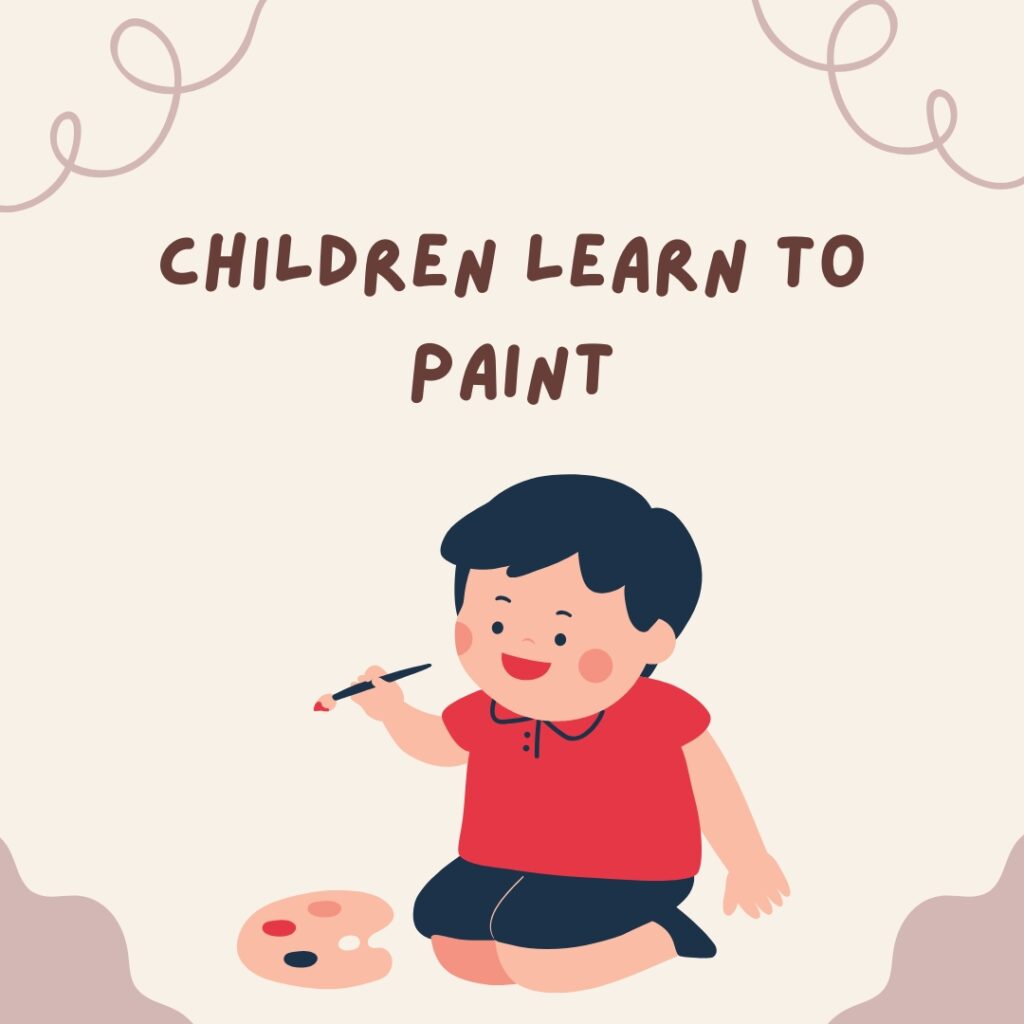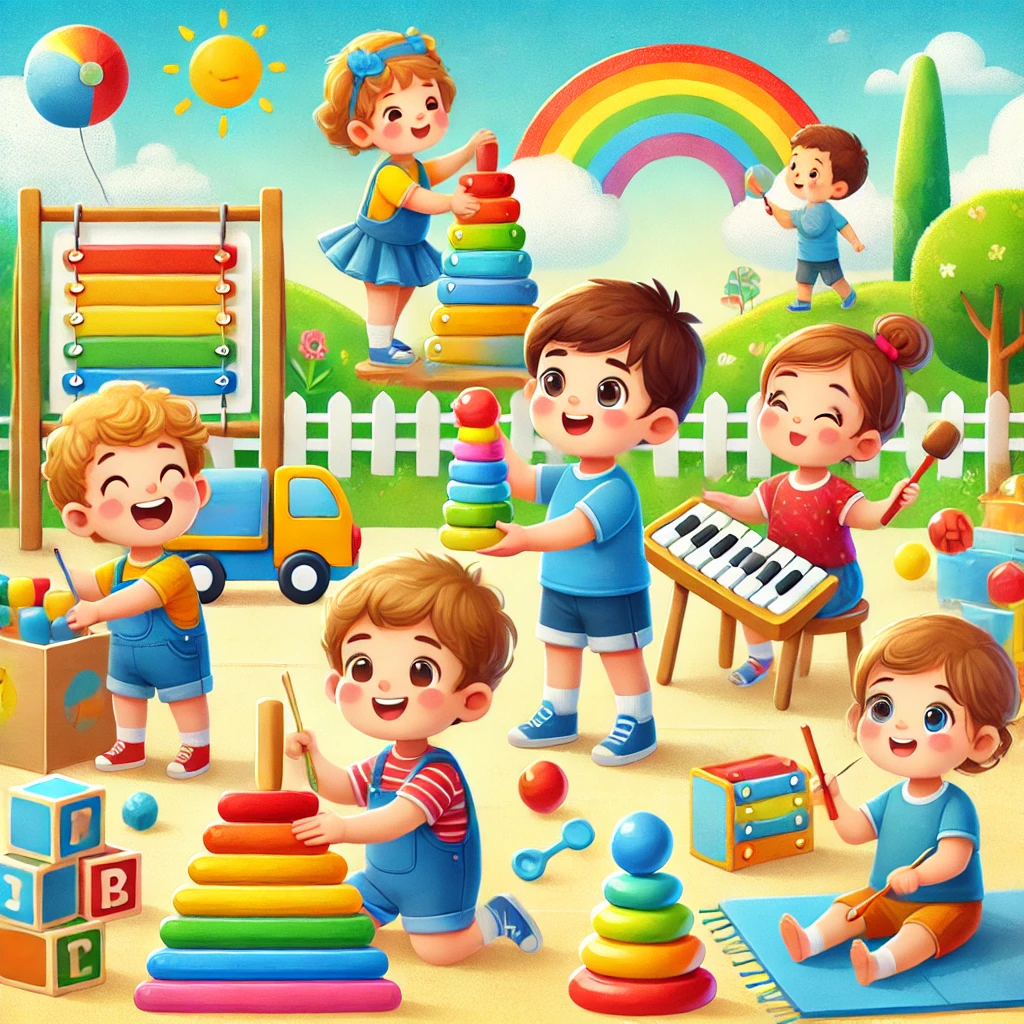Early childhood is a period of incredible growth and development. Engaging children in extracurricular activities from a young age can foster creativity, build essential skills, and lay the foundation for lifelong learning. For kids aged 1 to 5, extracurricular activities should focus on fun, exploration, and social interaction rather than structured outcomes. Here are some wonderful activities tailored to this age group that encourage growth and development.
1. Music and Movement Classes
Music is a universal language that resonates with even the youngest children. Enrolling your child in music and movement classes can enhance their motor skills, rhythm, and auditory processing. These classes often include singing, dancing, and playing simple instruments, which can also improve coordination and self-expression.
Why it’s great:
- Encourages creativity.
- Boosts language development.
- Provides an outlet for physical activity.

2. Art and Craft Activities
Art fosters creativity and fine motor skills. Simple activities like finger painting, coloring, or making collages are ideal for toddlers and preschoolers. As children grow, they can try more complex crafts, such as making shapes with playdough or creating simple DIY projects.
Why it’s great:
- Enhances hand-eye coordination.
- Builds patience and focus.
- Stimulates imagination.
3. Storytime and Reading Sessions
Books open up a world of imagination for children. Attending storytime sessions at local libraries or community centers introduces young children to the joy of storytelling. For at-home activities, reading picture books together can foster a love for literature and improve their vocabulary.
Why it’s great:
- Encourages language and cognitive development.
- Builds listening skills.
- Sparks curiosity and creativity.
4. Outdoor Play and Nature Exploration
Spending time outdoors allows children to explore their environment and develop gross motor skills. Activities like playing in the park, collecting leaves, or observing birds and insects can be both educational and fun. Organized playgroups or toddler-friendly nature walks can also help children socialize.
Why it’s great:
- Improves physical health.
- Encourages curiosity about the natural world.
- Enhances social skills.
5. Dance and Movement Classes
Toddlers and preschoolers love to move! Dance classes tailored to young children focus on basic movements, rhythm, and fun. These classes help channel their boundless energy and teach them coordination and balance.
Why it’s great:
- Builds physical fitness.
- Improves balance and flexibility.
- Boosts self-confidence.
6. Sensory Play
Sensory activities, such as playing with sand, water, or textured toys, stimulate a child’s senses and improve cognitive and motor skills. DIY sensory bins filled with materials like rice, beans, or safe toys can provide hours of engaging, hands-on fun.
Why it’s great:
- Enhances sensory processing.
- Improves fine motor skills.
- Encourages independent play.
7. Language and Speech Activities
For preschoolers, activities like singing nursery rhymes, engaging in simple conversations, or learning a new language can be highly beneficial. Enrolling in a language playgroup or storytelling class helps develop communication skills and cognitive abilities.
Why it’s great:
- Boosts vocabulary and comprehension.
- Encourages social interaction.
- Strengthens parent-child bonding.
8. Simple Sports and Physical Activities
Introducing age-appropriate sports or physical activities can instill a love for fitness. Games like running, jumping, or playing with soft balls teach basic motor skills and encourage teamwork in a relaxed setting.
Why it’s great:
- Builds coordination and strength.
- Encourages teamwork.
- Provides a healthy outlet for energy.











